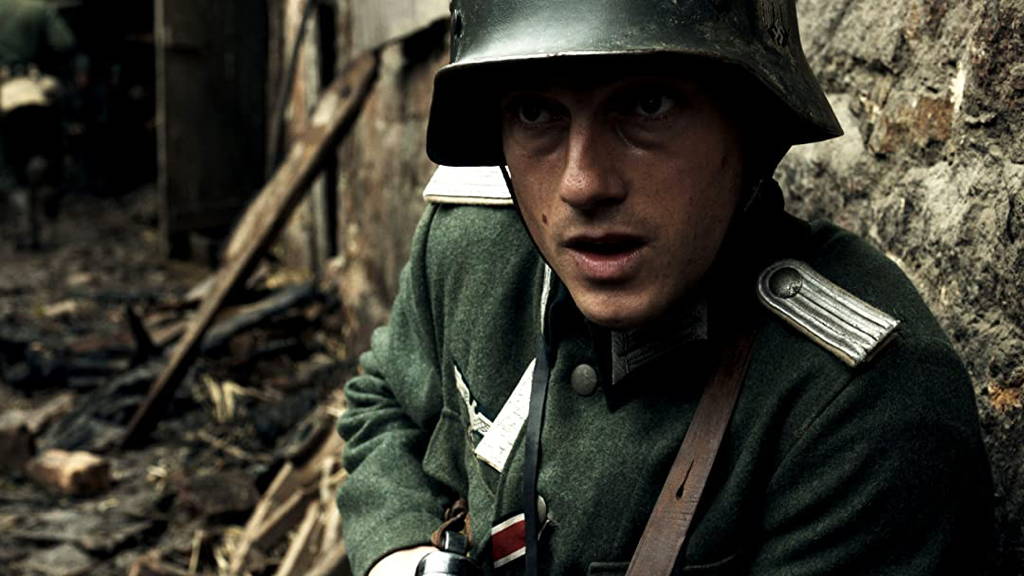
Those same viewers require more from the plight of these characters, however, than the film is equipped to give. Non-Germans might sense in this enactment of these Berliners' wartime failings and sufferings a faintly therapeutic quality. All except Viktor (Ludwig Trepte), who is deported and joins the Polish Resistance after escaping from a concentration camp, will take on shades of the archetypal "good German" over four years of war in the beginning they are less black-and-white than green. Five young friends - two women and three men, one of whom is Jewish - part on a raucous 1941 evening, filled with romantic ideas of the war and where it might take them, certain of their return to Berlin by Christmas. Generation War presents a war of individuals whose actions are guided not by evil or ideology but common ignorance, self-interest, obligation, and compromise.

Conceived and undertaken, in the words of producer Nico Hofmann, as "a sensitive, critical homage to the generation of my parents" - those "everyday Germans," according to writer Stefan Kolditz, caught out by history as adult life began - the four- hour production was also designed as a conversation piece.

Created for German television, the World War II epic Our Mothers, Our Fathers has since aired on Polish, Irish, and Swedish networks, and now finds its way to a theatrical release, retitled Generation War for American audiences.


 0 kommentar(er)
0 kommentar(er)
